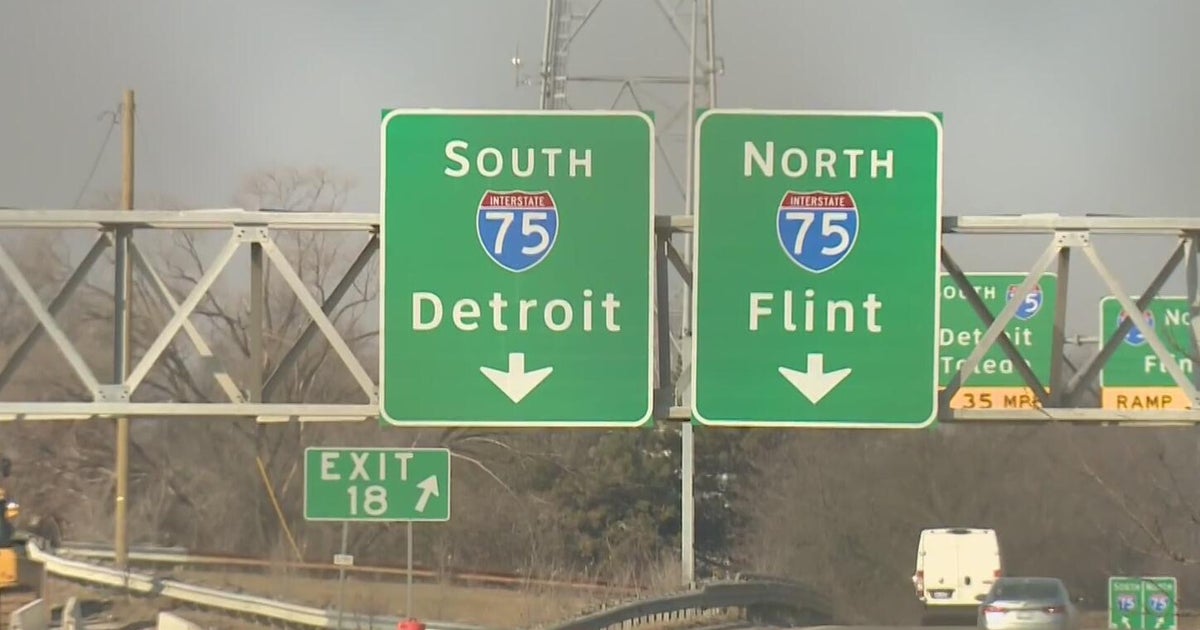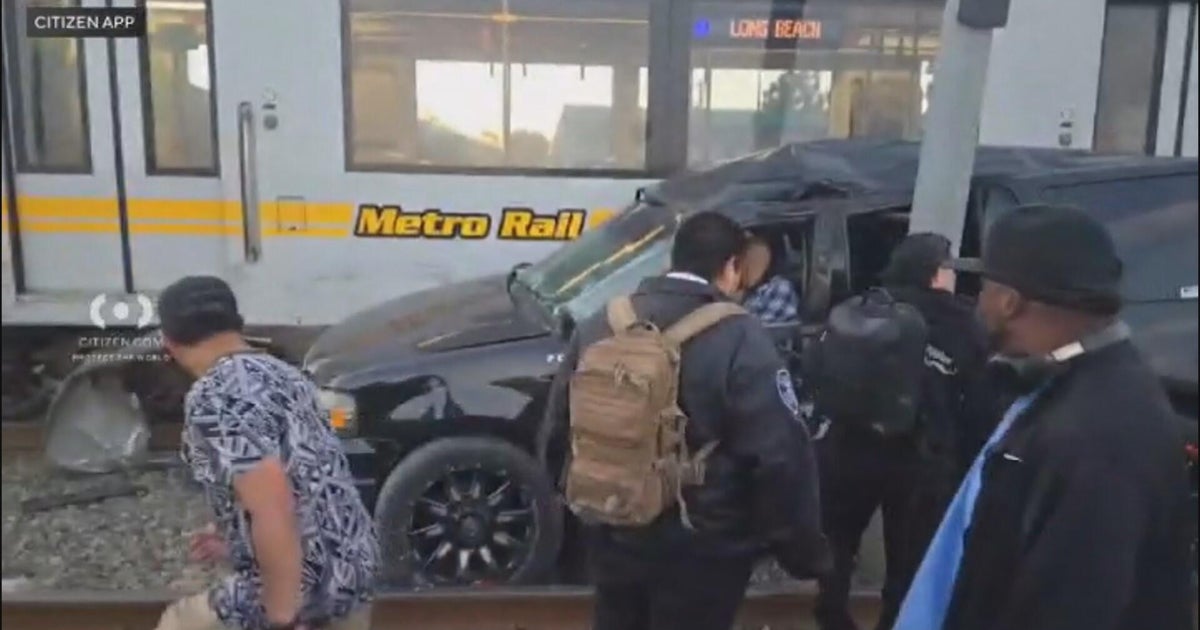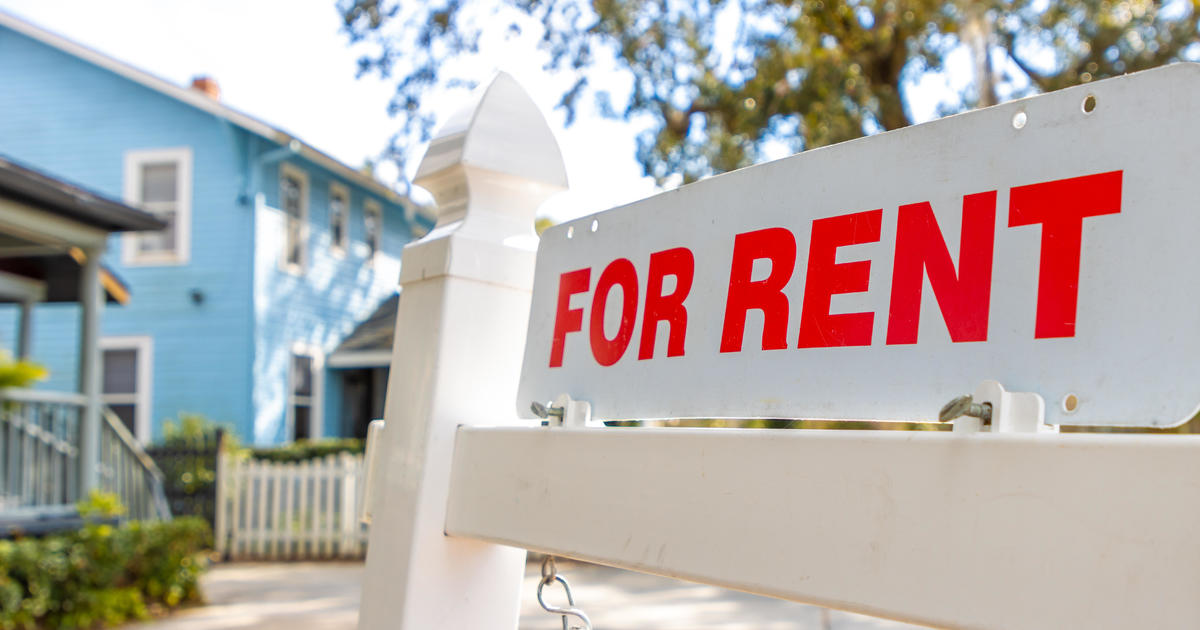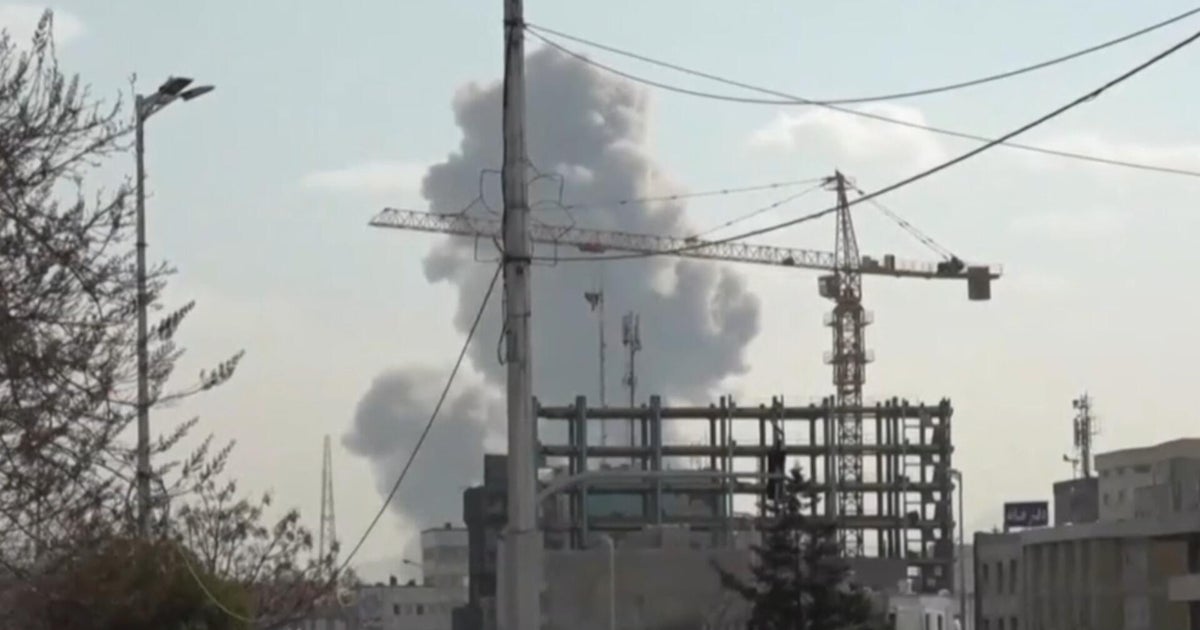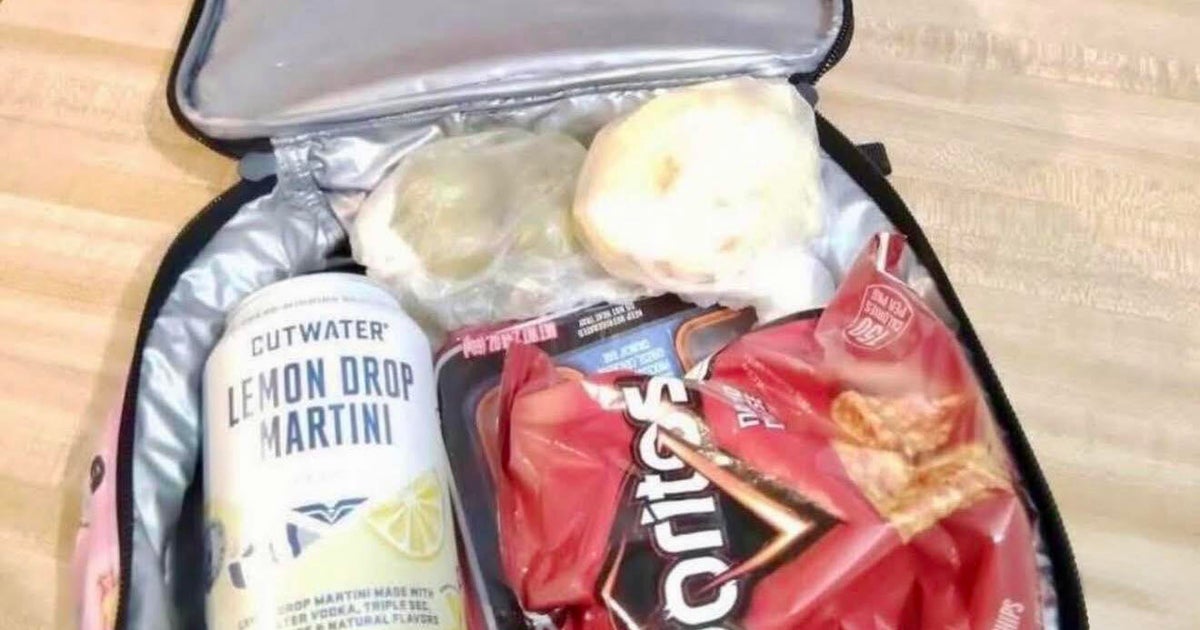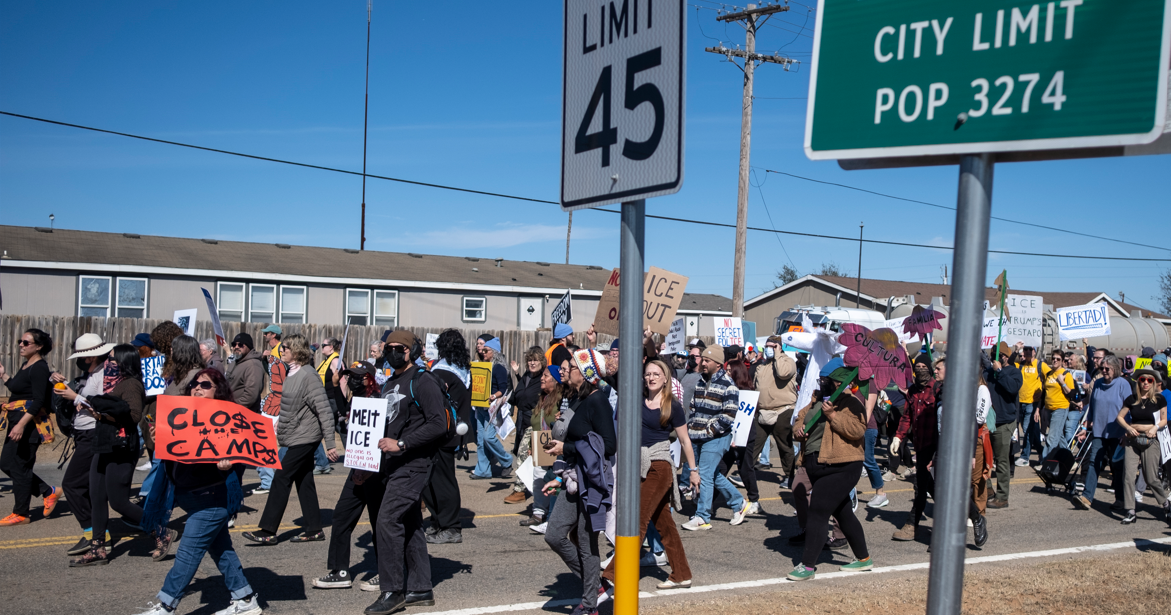Study: Recession Led To Fewer Traffic Delays
Detroit (WWJ/AP) How has your commute been? With Michigan's unemployment rate among the highest in the nation, fewer people have to drive to work and that means fewer dollars lost sitting in traffic.
An annual study done by the Texas Transportation Institute at Texas A&M University found that traffic was better than it had been in a decade during the height of the recession and that means Detroit-area drivers didn't waste as much time or money.
Metro Detroit drivers lost 33 hours a year to traffic delays, according to the study. That is down from 42 hours in 2006 and 2007.
In addition, the study shows Detroit-area drivers lost an average of $761 dollars in wasted fuel in 2009 compared to $1,287 dollars before the recession in 2007.
Using real-time data to calculate commuter mileage, speed and distance traveled over time, the institute estimated traffic tie-ups cost about $115 billion in 2009. The study released Thursday cites factors such as wasted fuel, lost work hours and delays in shipping goods.
The study found gridlock cost the average commuter $808 in 2009 - up from an inflation-adjusted $351 in 1982. In 2009, Americans wasted more than 3.9 billion gallons of gas in road blockages - equal to 130 days of flow in the Alaska pipeline.
Commuters in Chicago and Washington suffered the most, losing 70 hours a year to traffic delays. Nationally, the average commuter wasted 34 hours in traffic in 2009 - up from 14 hours in 1982, the first year for which researchers have records.
The good news, researchers say, is that traffic also is a sign of prosperity.
``The tie between the economy and congestion is not unexpected,'' said Tim Lomax, a research engineer with the institute.
Researchers have seen similar regional declines in the past. For example, Lomax said when oil prices plummeted in the 1980s, Dallas and Houston got much-needed relief from traffic as people lost their jobs and stayed home. A similar phenomenon was tracked in California when the high-tech bubble burst in the 1990s, he added. Until now, however, the researchers - who released their first study in 1984 - have not had such a large national recession to track.
``What we've seen on the regional level is mirrored in these numbers on the national level,'' Lomax said.
Also like the economy, traffic still is not at pre-recession levels.
The study found that in 2007, the nation wasted 5.2 billion hours in traffic. A year later, when the recession peaked, the number plummeted to 4.6 billion hours. As the economy slowly recovered in 2009, the number climbed to 4.8 billion hours lost to traffic delays.
``Congestion will rise faster than the economy because that's what's happened all the other times,'' Lomax said.
The Associated Press contributed to this report.
